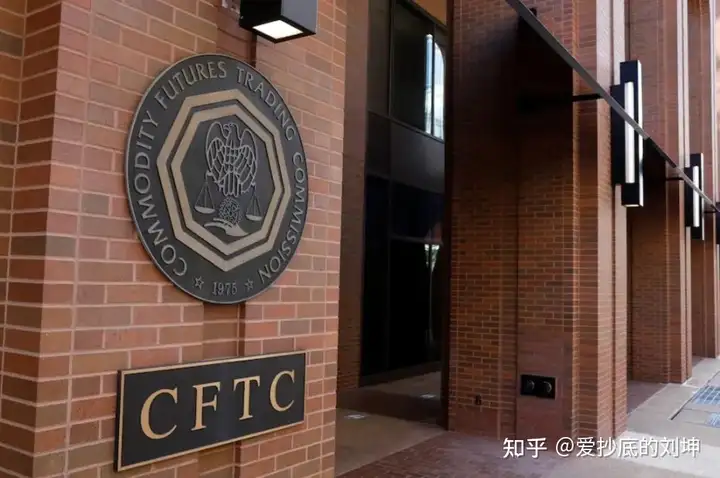Donald Trump is set to be officially sworn in on January 20, 2025, and a series of personnel changes are underway following his victory in the election this month. The newly announced cabinet members show that many are crypto players, including Vice President J.D. Vance, Treasury Secretary Scott Basent, and Commerce Secretary Howard Lutnik, and the regulatory powers of the SEC and CFTC, which are directly related to the crypto sector, may also see changes.
On November 27, according to a Fox report, the incoming Trump administration hopes to expand the powers of the Commodity Futures Trading Commission (CFTC), granting it a large part of the regulation of the $30 trillion digital asset market.
Why does Trump plan to expand the CFTC's regulatory authority over the crypto market as the current SEC Chairman Gary Gensler is about to step down?

The CFTC is authorized by the U.S. Congress to regulate the $200 trillion U.S. derivatives market, including futures, options, and physical commodities such as gold, oil, and wheat. Like the SEC, the CFTC has the power to set market rules and take enforcement action, but since the derivatives market is primarily dominated by mature institutional investors rather than retail investors, it is generally considered to be more lenient in regulation and better at managing risk than the SEC.
The SEC, another important regulatory agency, is primarily responsible for regulating the securities market, including stocks, bonds, mutual funds, and government bonds, with the main goal of protecting investor interests, especially those of retail investors.
In the past, the U.S. SEC has viewed most cryptocurrencies as securities and included them within its jurisdiction, taking a relatively strict approach to regulating the crypto market. The SEC recently announced that its enforcement efforts in the 2024 fiscal year will reach a historic high, with 583 enforcement actions and $8.2 billion in financial remedies, with ongoing litigation with exchanges like Kraken, Ripple, market makers like Cumberland, Crypto.com, Opensea, and ConsenSys in the crypto currency sector alone this year.
In contrast, the CFTC has often taken a more open and friendly attitude towards emerging markets and new technologies, such as approving BTC futures trading in 2017, although the CFTC and SEC have had regulatory power disputes over whether many tokens in the crypto market are commodities or securities.

CFTC Chairman Behnam has stated that "BTC and ETH have been confirmed by the courts as digital commodities, and 70%-80% of the crypto market are non-securities". In this case, undoubtedly part of the regulatory power should belong to the CFTC and be primarily responsible for its regulation. However, SEC Chairman Gary Gensler has explicitly stated on multiple occasions that securities laws apply to most crypto assets, and the SEC has the right to regulate the crypto market.
Looking at the various lawsuits so far, the U.S. SEC is still in a dominant role.
Currently, neither department has established clear and specific rules for the crypto sector, but rather tend to use enforcement actions to regulate the crypto market, such as CFTC Chairman Behnam stating that the agency's enforcement actions this year are about 50% targeted at crypto currency companies.
While this has to some extent cracked down on a lot of fraud and illegal activities, it has also been criticized and denounced by various organizations and many practitioners in the crypto industry.
At present, the Trump administration hopes to expand the CFTC's powers to provide a clearer and more stable regulatory framework for the cryptocurrency market.
The CFTC may be responsible for regulating digital assets such as BTC and ETH, which are considered commodities, and their spot markets, while the SEC will continue to regulate those crypto assets that are considered securities. This division will help reduce market uncertainty, improve regulatory efficiency, and reduce overlap and conflict between the SEC and CFTC. As an eagerly awaited crypto-friendly president, Trump's final decision after taking office is unknown, but the crypto industry may see clearer regulatory policies and frameworks under his push, thereby promoting market development.







